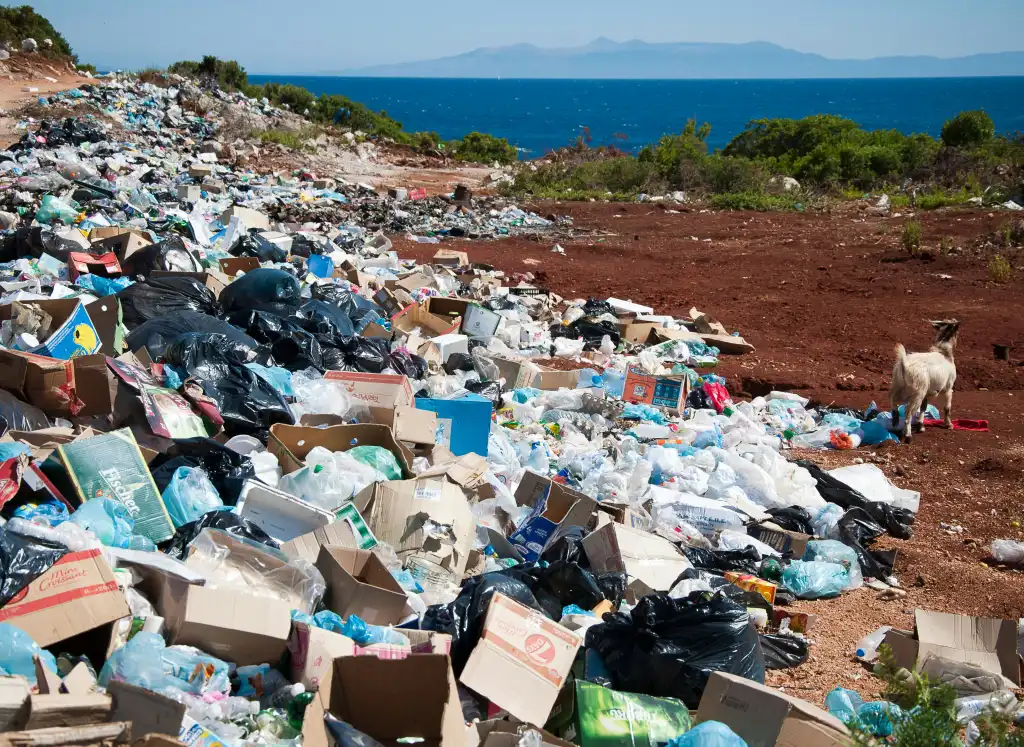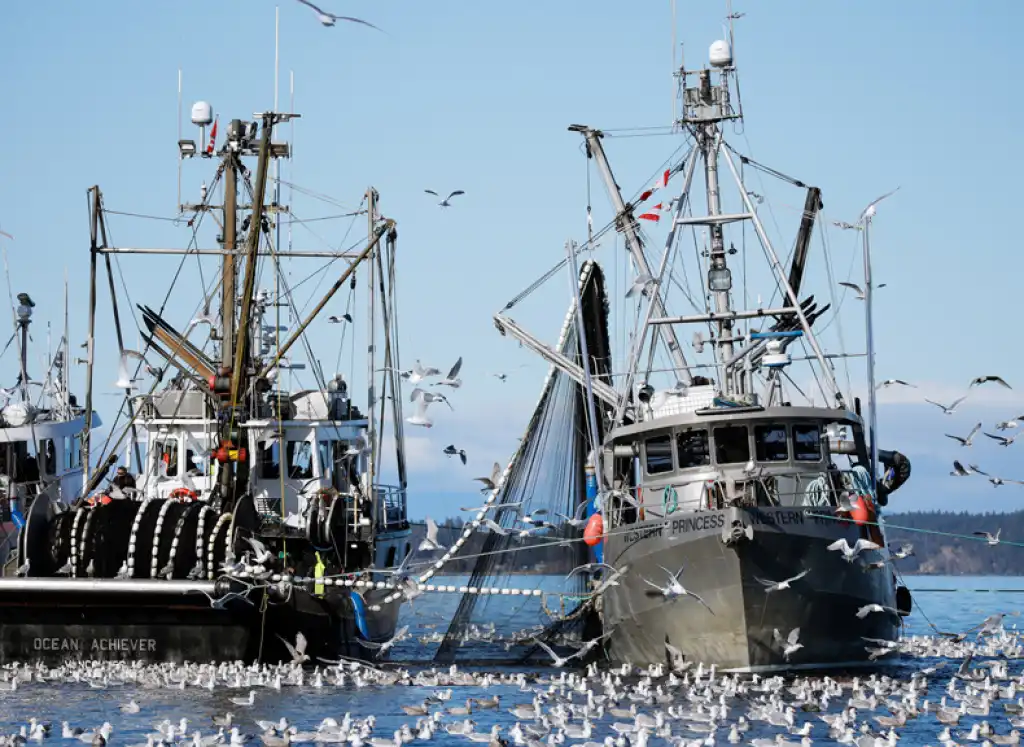Rewilding: returning to nature to support ecosystems at risk
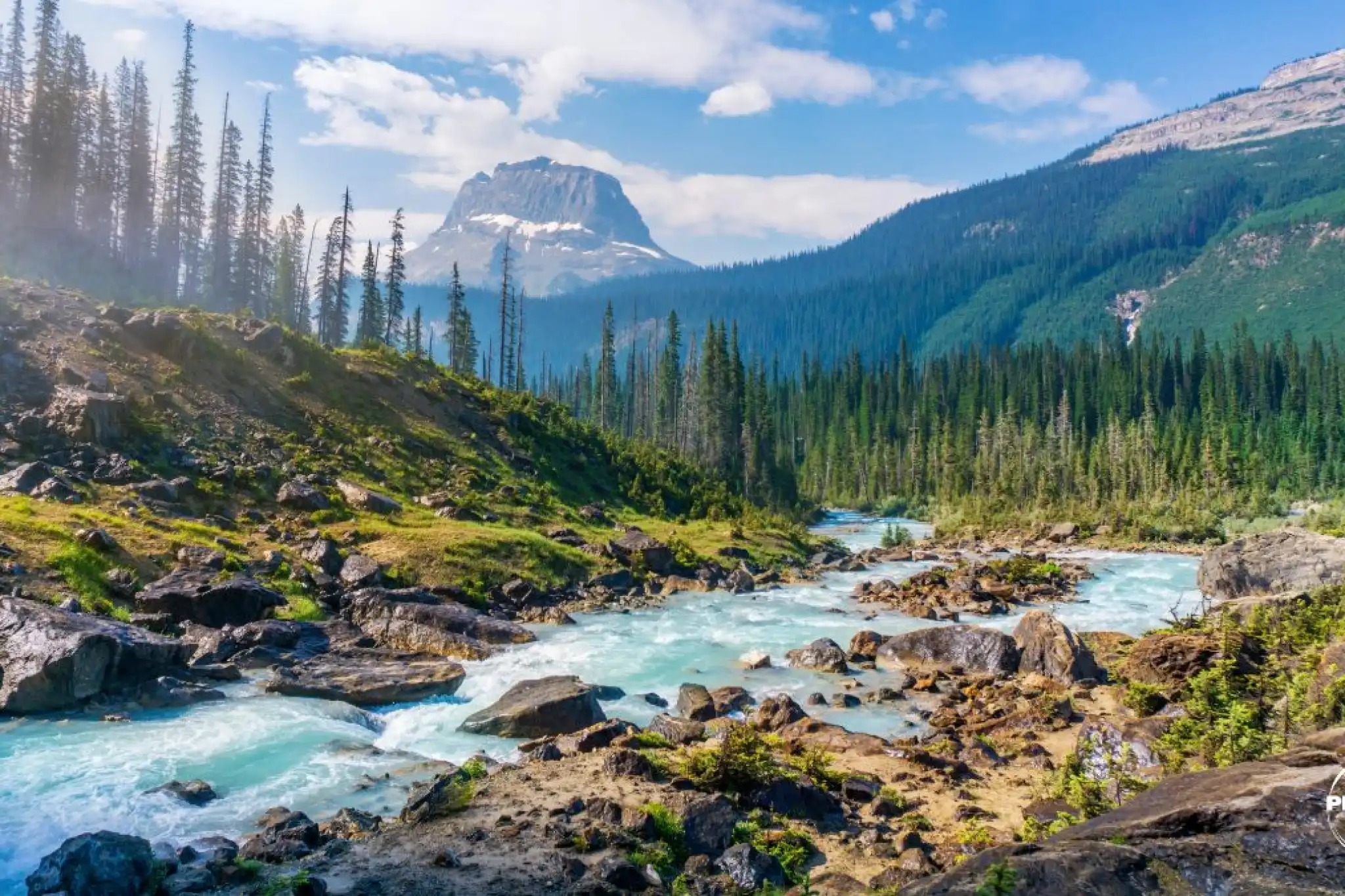
World Rewilding Day and nature restoration
20 March marks World Rewilding Day. Rewilding is an approach to conservation that seeks to restore degraded ecosystems and encourage the return of native species. Beyond protecting biodiversity, it also creates benefits for local communities: new economic opportunities, responsible tourism and greater climate resilience.
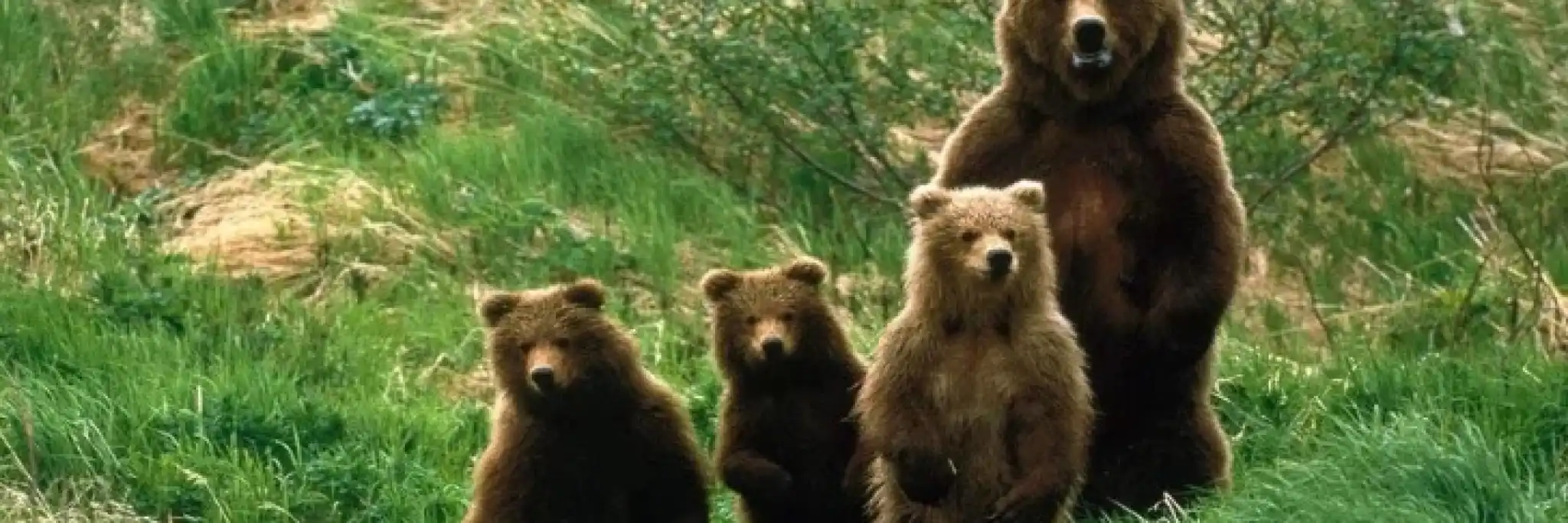
Scotland: towards a “Rewilding Nation”
Pathway to a Rewilding Nation aims to make Scotland the first country in the world to embrace rewilding. The target is to restore 30% of land and water by 2030 through innovative policies and community involvement. Alongside addressing the biodiversity crisis, the programme also seeks to stimulate tourism and the local economy.
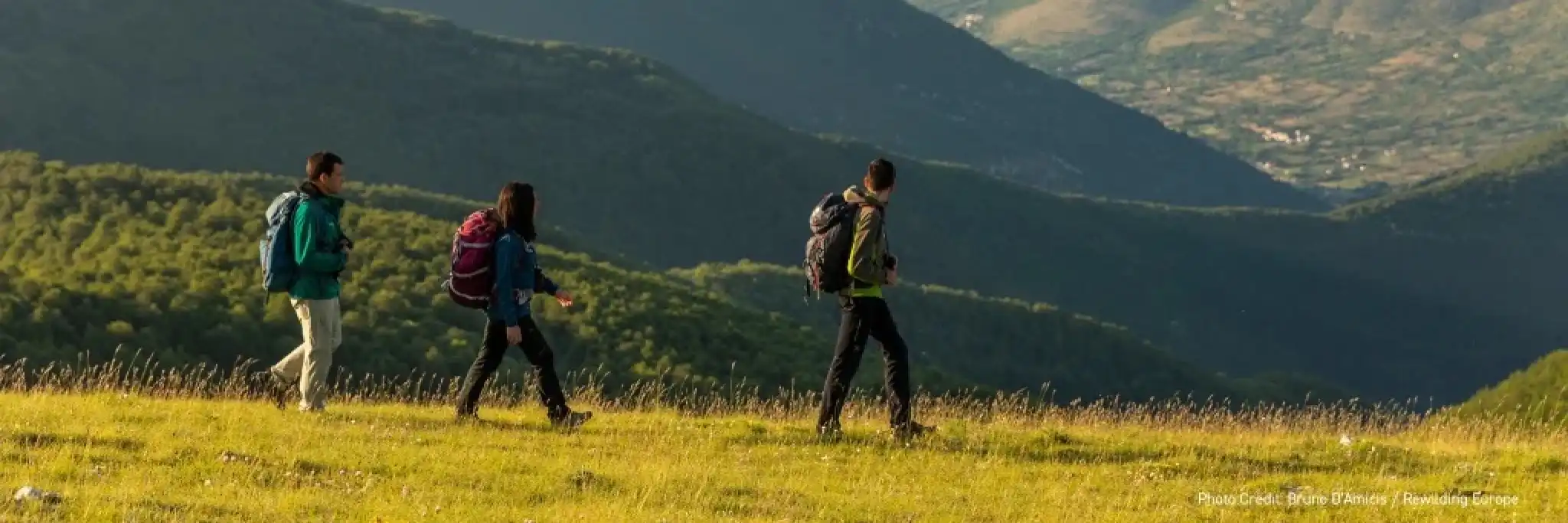
Central Apennines: an Italian laboratory
In the Central Apennines, projects such as Rewilding Apennines are restoring habitats and connecting ecological corridors in an area of outstanding biodiversity, home to flagship species like the Marsican brown bear and the Apennine wolf. Local community involvement supports conservation and promotes sustainable tourism.
Yellowstone and Oostvaardersplassen
In the USA, the reintroduction of the wolf to Yellowstone in the 1990s triggered cascading effects: controlling deer populations, allowing vegetation to recover and enabling the return of beavers, which improved water quality through dam-building. In the Netherlands, at Oostvaardersplassen, the introduction of large herbivores (red deer, Konik horses) has naturally restored grasslands and increased biodiversity.

Benefits of rewilding and future outlook
The ecological benefits are wide-ranging: restoring balance (keystone species regulate prey and habitats), boosting biodiversity, climate mitigation (greater CO₂ absorption), water regulation (less flooding, cleaner water), soil protection and higher resilience to fires, floods and droughts. It also supports pollinators and wildlife corridors.
In short, rewilding is a practical response to today’s environmental and social challenges: restoring nature means making it an ally in building a more sustainable future for people and planet.

